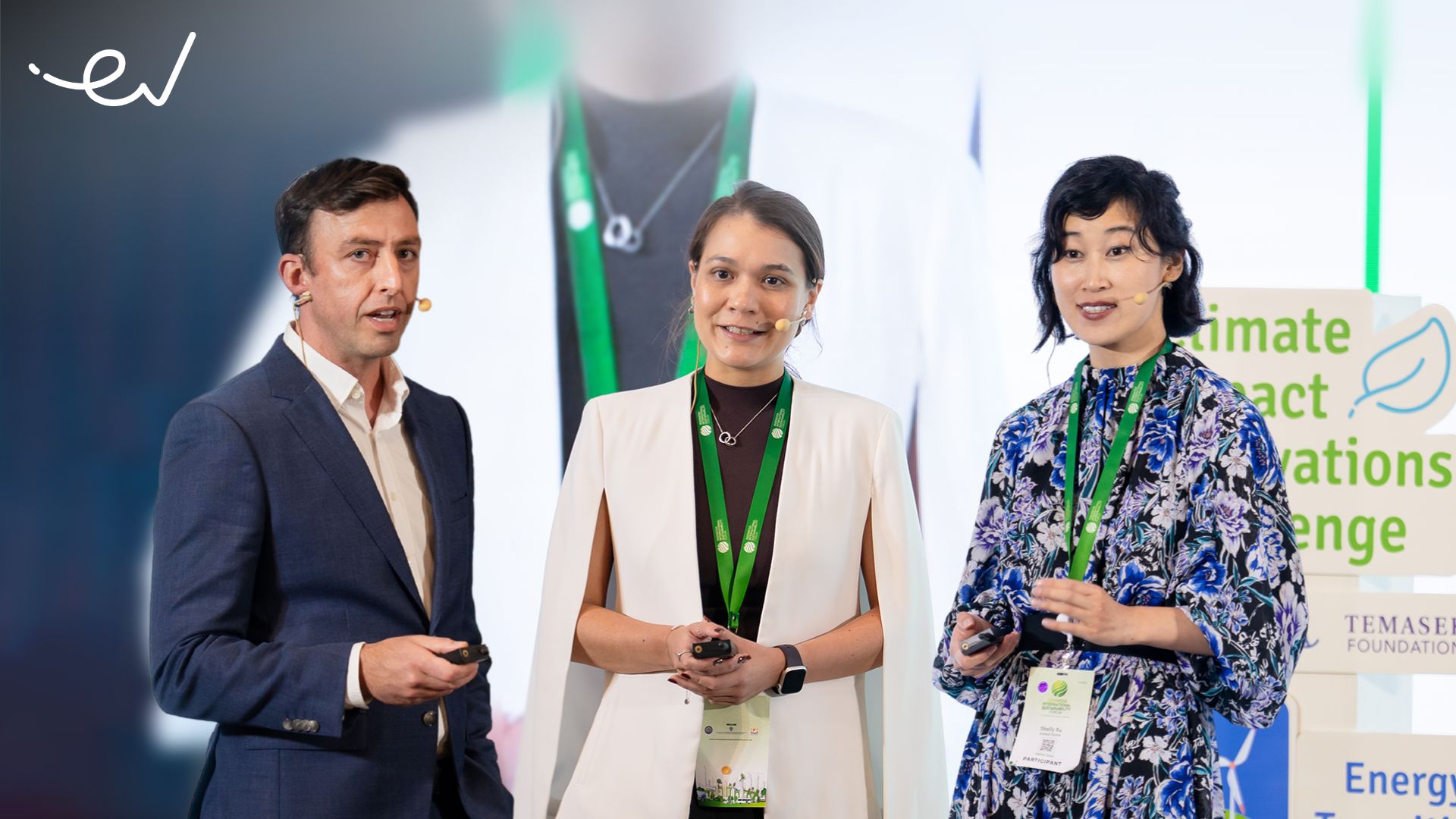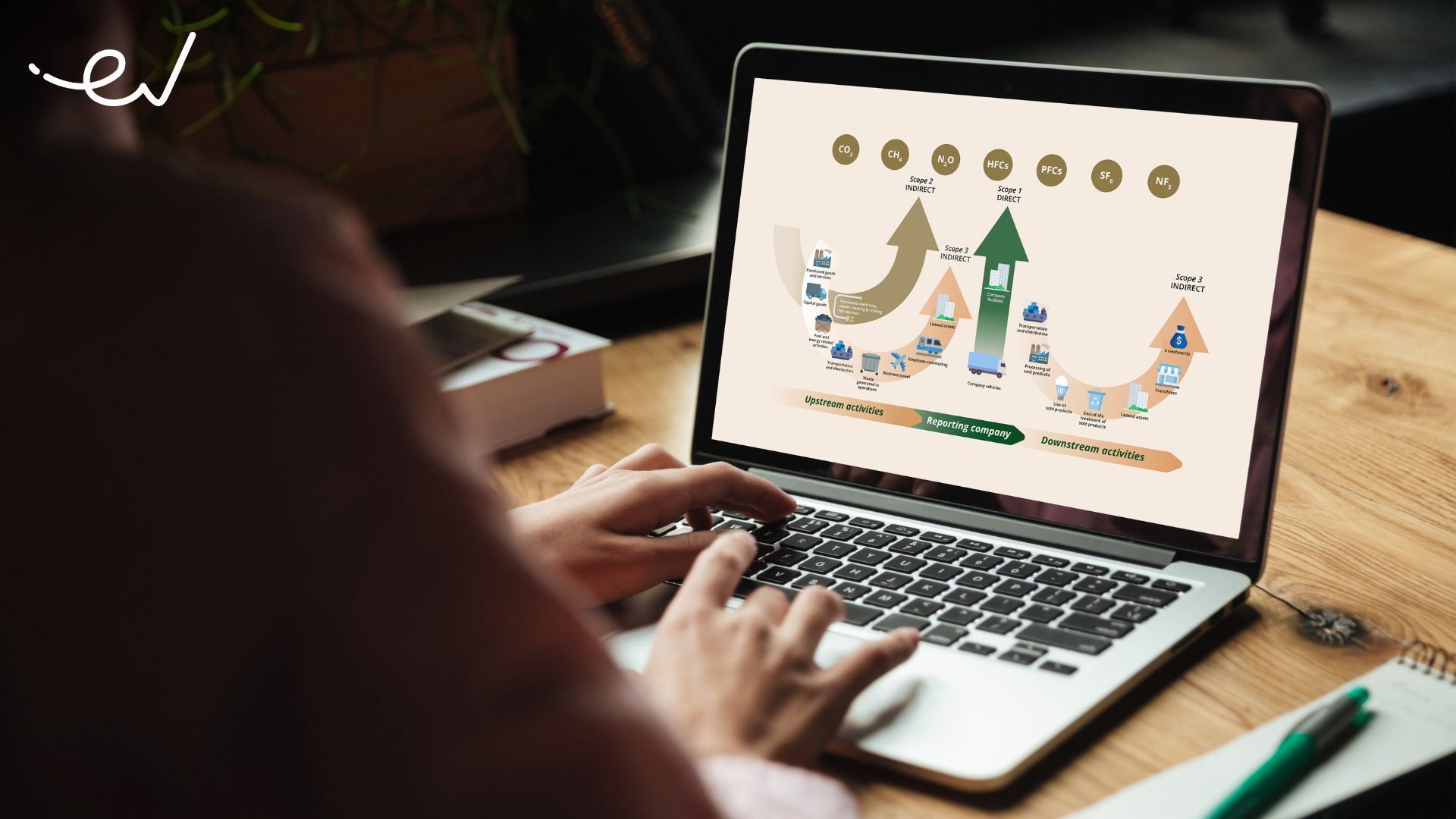The Southeast Asia climate tech stands at a climate crossroads. As one of the world’s most economically dynamic regions, it is also one of the most vulnerable to the severe impacts of climate change.
Indonesia, in particular, as a manufacturing and agricultural powerhouse, faces urgent, systemic challenges, from a grid heavily reliant on fossil fuels to mounting textile and agricultural waste.
Transitioning to renewable energy is challenging for Indonesia, given its significant domestic fossil fuel resources. However, Jakarta has signaled its willingness to engage in the renewable energy transition by participating in the Just Energy Transition Partnership (JETP) and its work via ASEAN.
Not to mention, over the past decades (1971 to 2020), average temperatures have risen by 0.28°C per decade, with a projected increase of 0.25°C per decade from 2000 to 2050.
Rising temperatures contribute to higher energy demands for cooling, reduced crop yields, and increased water demand, while also creating favorable conditions for pests, according to a World Bank report.
At East Ventures, we believe that tackling these challenges requires more than just capital; it demands a new technological paradigm.
This is the core of our AI-first thesis, detailed in our “AI-first: Decoding Southeast Asia trends” white paper, where we identified Artificial Intelligence (AI) not as a standalone industry, but as a critical horizontal enabler. It is a powerful tool that can unlock efficiency, transparency, and scale in the “traditional” sectors that form the very foundation of our economy.
The climate tech is no exception. This “AI-first” approach is as essential in other industries as it is in climate tech. This new wave of innovation is precisely what we, alongside Temasek Foundation, seek to catalyze through the Climate Impact Innovations Challenge (CIIC).
The catalyst: Climate Impact Innovations Challenge
Now in its third year, the CIIC has become one of Indonesia’s most highly anticipated platforms for tech innovators to showcase their sustainable innovations in addressing ecological challenges and mitigating the impacts of climate change.
This year, the Climate Impact Innovations Challenge awarded a total grant of Rp10 billion to three extraordinary winners: Aslan Renewables (Energy Transition track), Arukah Capital (Sustainable Agriculture track), and SXD AI (Circular Economy track).
The three winners were chosen from over 500 applicants worldwide, representing more than 50 countries. In the first phase, nine finalists were selected. Then, all finalists received several months of intensive mentorship from industry leaders to improve their projects before presenting their final pitch at the grand finale.
Despite operating in diverse sectors, these innovators share a common ground: their advanced, highly efficient integration of AI to address profound, systemic challenges.
The conversation around AI is vast, and these CIIC 2025 winners have their way to prove that AI’s greatest strength is its ability to do more—more energy, more food, more materials—with radically less waste, carbon, and cost.
Meet the winners: AI in action across three tracks
Energy Transition – Aslan Renewables
Founded by Andrew Murray, Aslan Renewables is tackling Indonesia’s need for stable, baseload power by deploying modular hydroelectric systems. But instead of building large, disruptive dams, they harness the existing, gravity-fed water flows in Indonesia’s vast network of irrigation canals.

Each unit is compact, prefabricated, and designed for fast installation. The true innovation, however, is the AI-integrated remote monitoring platform.
This AI layer is the key to scalability. It enables autonomous operation, predictive maintenance, and seamless regulatory compliance reporting.
This technology also allows Aslan Renewables to manage a large, decentralized network of power assets that can feed stable, 24/7 power into the national grid or local microgrids.
By turning agricultural water infrastructure into decentralized power assets, this solution offers Indonesia a path to rapidly expand its renewable energy capacity, strengthen rural electrification, and reduce carbon emissions, all without competing with food systems or requiring large land footprints.
Aslan Renewables is deploying its innovative solutions in Indonesia within the next six months. The company has also been working with local Indonesian partners through the CIIC program.
Sustainable Agriculture – Arukah Capital
Arukah Capital is building a new economic model for smallholder farmers by transforming agricultural waste—only 0.1% of which is currently used for biochar—into high-value biochar.
Their model is built on radical alignment: they absorb upfront project costs and give 50% of carbon credit revenue directly to farmers.
This “climate income” model is unlocked by AI-driven trust. Arukah ensures high-integrity product design by using digital tracking (MRV) to provide transparency and legal enforceability.

Using digital tracking and unique farmer IDs, Arukah provides registry-compliant, digitally verifiable credits. This builds trust with carbon buyers and ensures the equitable, secure digital payment of revenue to farmers.
Arukah’s solutions address systemic challenges in Southeast Asia’s sustainable agriculture industry by enabling poverty alleviation, improving food security through locally-produced biochar fertilizer, and turning waste management from a cost center into a climate-positive revenue stream for agribusinesses.
The firm aims to scale 1 Gigaton of decarbonization by unlocking climate income for 100 million smallholders.
Arukah has recently joined the growing list of East Ventures’ portfolio companies of over 300+ tech startups in June 2025.
Circular Economy – SXD AI
SXD AI, a model incepted by zero-waste fashion company Shelly Xu Design (SXD), is tackling the apparel industry’s massive waste problem—2.3 million tons in Indonesia annually—at its source: the design stage.
They are already partnering with Busana Apparel Group, one of Indonesia’s largest manufacturers, to establish the country’s first zero-waste design system.

SXD’s patent-published AI generates scalable zero-waste designs. Trained on 15 years of proprietary data, the AI is the first solution that can scale zero-waste designs in real-time across different styles and sizes. It doesn’t just pack patterns; it transforms the components into “efficient puzzle pieces” that leave no wasted space.
Their AI is custom-built for sustainability, emitting 1,000–10,000x less CO₂ than large B2C models—like ChatGPT—during training and inference. It stays below 1 kg of CO₂ annually, less than one-seventh the emissions of producing a single T-shirt.
Crucially, these savings are not just for profit; they are a tool for social equity.
SXD requires its partners to reinvest these savings into fair wages, a radical move in an industry where fewer than 2% of garment workers earn a living wage.
The company has already proven this model, enabling climate refugee seamstresses in a previous project to earn 2-4x the local wage.
Why we believe in “AI-first”
Aslan Renewables, Arukah Capital, and SXD AI are more than just competition winners; They are blueprints for the future of climate tech in Southeast Asia.
They further strengthen our “AI-first” thesis: that when applied with precision, AI is the catalyst that makes businesses scalable, transparent, and more productive. East Ventures believes businesses must adapt and adopt AI to remain relevant and competitive in a fast-evolving market landscape.
We have also observed a strong pipeline of our portfolio companies that are leveraging existing foundation models and building ready-to-use solutions on top of them.
For instance, outside climate tech, we have invested in AI-driven innovations, including Sxored (fintech), Mesh Bio and Nexmedis (healthcare), Prep and Ruangguru (edtech), waresix (logistics), among many others.
Delve deeper and get the full insights of our stance on AI-first startups by downloading the white paper.
As these founders launch their pilots in Indonesia, they represent the new guard of innovation we at East Ventures are proud to back.
Their success will not only be measured in emissions reduced or waste eliminated, but in the resilient, equitable, and sustainable future they are building for all of Southeast Asia.
If you are building a scalable climate or AI-driven solution (or both!), let us hear your pitch.
Read more about the Climate Impact Innovations Challenge 2025.







